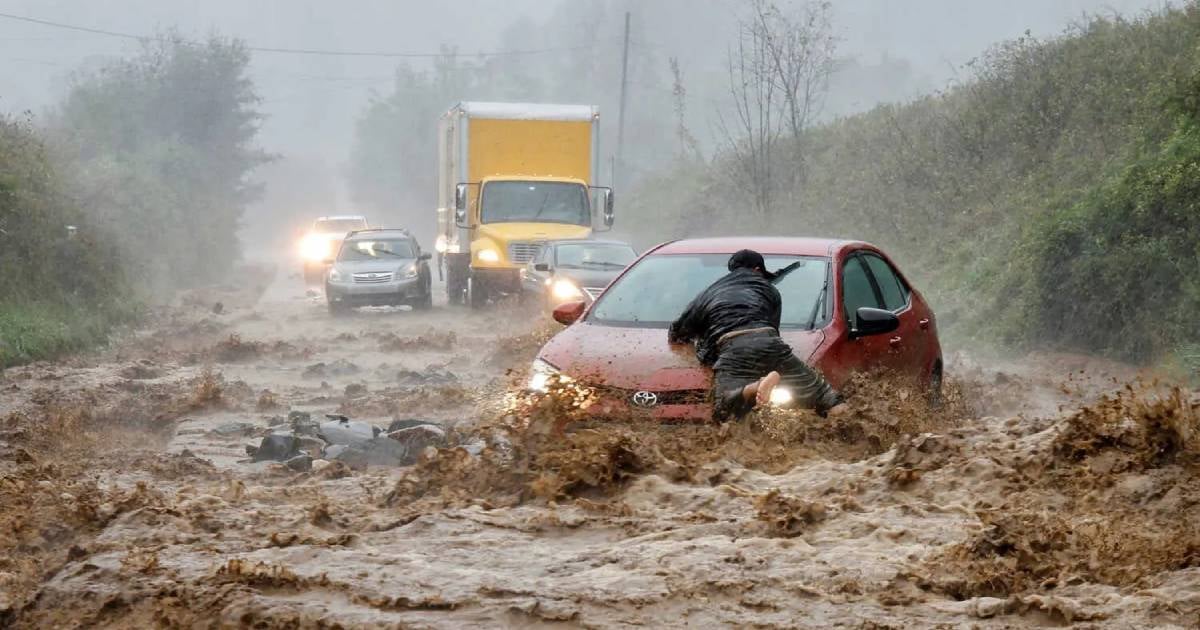
Hurricane Helene, which made landfall as a category 4 hurricane in the Big Bend region of Florida, has left at least 52 deaths and a trail of destruction across the southeastern United States.
Among the fatalities are three firefighters, a woman with her one-month-old twins, and an 89-year-old woman whose home was destroyed by a fallen tree.
The deaths have been reported in Florida, Georgia, North Carolina, South Carolina, and Virginia, Local 10 reported.
On Friday, the death toll was around 40; however, it has risen to 52 in the last night, and the number of victims is expected to increase as access is gained to isolated and flooded areas.
Rescue and recovery efforts continue.
Pinellas County Sheriff Bob Gualtieri indicated that all the victims in his county were in neighborhoods that had been evacuated. Many chose not to leave their homes, facing critical situations as they were forced to take refuge in their attics to escape the rising waters, he explained.
With winds of up to 140 mph (225 kph), the natural phenomenon struck Florida on Thursday night before moving quickly toward Georgia, the Carolinas, and Tennessee.
As it passed, it swept away trees, houses, and overflowed rivers, causing severe flooding.
More than three million people were left without electricity over the weekend, and some areas remain under threat of flooding.
The southwest of North Carolina was one of the most affected areas, with landslides and flooding that isolated entire communities, including the closure of Interstate 40.
In Asheville, completely flooded areas have been reported, according to videos shared on social media. Many families have been cut off since Friday.
Dramatic rescues have also been reported in Tennessee, where dozens of patients and staff were evacuated from a hospital in Unicoi County by helicopter due to the rising of a nearby river.
The hurricane, now transformed into a post-tropical cyclone, remained over the Tennessee Valley over the weekend, with flood warnings and strong winds in the southern Appalachians and parts of Tennessee and Ohio.
In Tampa, the luxurious neighborhood of Davis Islands continues to recover from the flooding caused by the storm surge.
In other areas of the state, entire communities have been devastated, with hundreds of homes destroyed and without basic services.
With nearly 4 million homes and businesses without electricity in Florida, Georgia, and South Carolina, conditions remain dangerous, and authorities warn about the possibility of electrical wires in the water and other hazards.
Climate change, according to experts, has exacerbated the conditions that allow for the rapid intensification of hurricanes like Helene, with warmer seas fueling more powerful storms.
What do you think?
COMMENTFiled under: